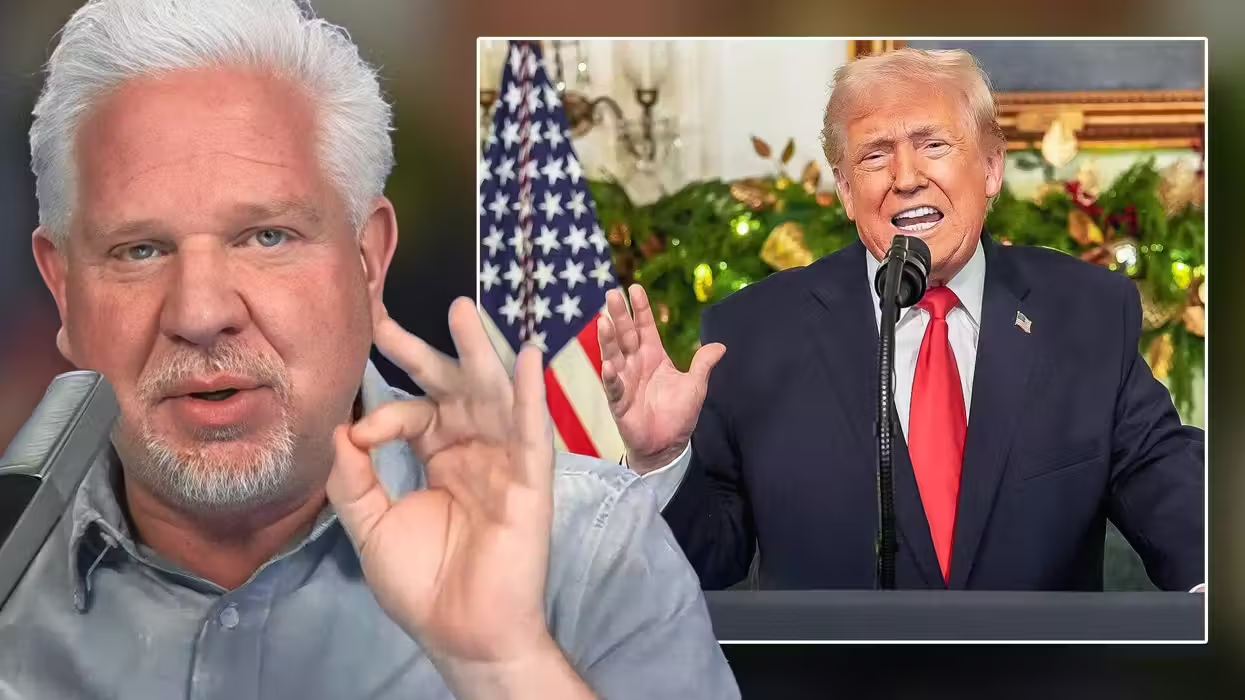
© 2025 Blaze Media LLC. All rights reserved.
An "amusement" tax?
Because the U.S. economy is still dragging its feet and consumer spending is down, some states are rediscovering “crafty” ways to generate revenue via obscure sales taxes. And this is nothing new. People have been dealing with dubious but "all-too enforceable government laws," as Brian O'Connell of Financial Edge put it, for a long, long time.
“In ancient Egypt, the pharaohs taxed cooking oil – of course, the main seller of cooking oil was the pharaoh. During the first century AD, the Roman empire taxed urine – a popular source of ammonia for common tasks like tanning hides and cleaning clothes,” writes O'Connell. “Then at the height of the Dark Ages (an era in European history notorious for its poor hygiene), some European governments taxed the sale of soap!"
Yet, despite being supposedly more "enlightened" than the Dark Ages, 21st century governments still have the ability to levy (and enforce) highly questionable and oftentimes unreasonable taxes on the masses.
What are some of the dubious sales taxes? Here are the top five weirdest examples in the U.S. (all information in block quotes via Financial Edge):
Food Packaging Tax

States like Colorado have a weird definition of what constitutes food packaging. In using the term "essential" in its tax language for such commodities, Colorado finds itself in the strange position of taxing paper cup lids and napkins, but not paper cups or fast-food French fry containers.
Hot Air Balloon Tax

If you're in Kansas and in the mood to take a ride in a hot air balloon, beware of the state government's "amusement" tax.State regulation makes balloon rides taxable. But there is a caveat – only balloon rides that are tied, or tethered to the ground, are considered taxable. So, if you want to avoid paying taxes when taking a balloon ride over Topeka, make sure to leave the rope at home!
New York's Crazy Bagel Tax

New York State has an interesting way of handling bagels – and taxes on buying bagels. If you want to eat a bagel tax-free, don't have the deli counter "prepare" it for you (i.e., add cream cheese or cut the bagel in two pieces). Prepare that bagel yourself, and you don't have to pay a tax on it.
But there's more to it than that.
Apparently, if the deli worker "doesn't slice the plain bagel, but you opt to eat it in the deli, the food preparation tax also applies, even though no preparation was required of the food," writes conservative author Mark Steyn.
"Got that? If you own a deli, you better have, because New York is so broke they need their nine cents per sliced bagel and their bagel inspectors are cracking down," Steyn adds.
Wet Fuse

In West Virginia, celebrating the Fourth of July – or any celebration where fireworks are used, can lighten your wallet. The state has a special tax – on top of its 6 percent sales tax – on things like ladyfingers and sparklers.
Fruit Tax

California has gone bananas over the purchase of fruit by consumers. If you buy an apple from a regular retailer, you're in good shape, as the purchase is tax-exempt. If you buy fruit from a vending machine – and who hasn't done that – you'll pay an additional 33 percent on the amount of the purchase.
The "above taxes certainly aren't the only taxes on statewide level, but they are surely among the most unique," writes O'Connell.
(h/t Business Insider)
Want to leave a tip?
We answer to you. Help keep our content free of advertisers and big tech censorship by leaving a tip today.
Want to join the conversation?
Already a subscriber?
more stories
Sign up for the Blaze newsletter
By signing up, you agree to our Privacy Policy and Terms of Use, and agree to receive content that may sometimes include advertisements. You may opt out at any time.
Related Content
© 2025 Blaze Media LLC. All rights reserved.
Get the stories that matter most delivered directly to your inbox.
By signing up, you agree to our Privacy Policy and Terms of Use, and agree to receive content that may sometimes include advertisements. You may opt out at any time.






